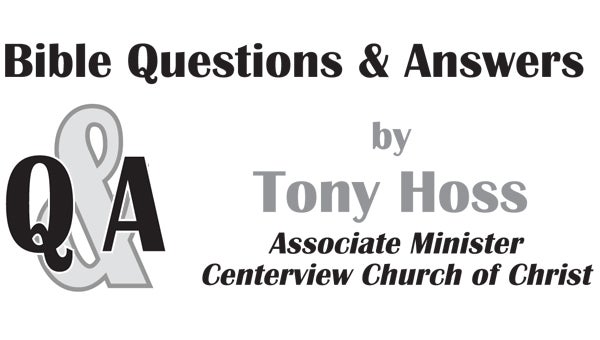Group prods Gov. Lee to end partnership for religious charter schools in Tennessee
Published 1:53 pm Thursday, February 17, 2022
|
Getting your Trinity Audio player ready...
|
The Freedom From Religion Foundation is decrying a recently announced tieup between the state of Tennessee and a Michigan Christian college to establish numerous charter schools.
Gov. Bill Lee’s administration asked Hillsdale College, a small Christian institution in Michigan, to open 100 public charter schools in Tennessee to follow its model of civics education; the college has responded by committing to open 50 such K-12 charter schools.
The mission statement of Hillsdale College, a small ultraconservative Christian college in Michigan, includes a promise to furnish a “theological education” and maintain “‘by precept and example’ the immemorial teachings and practices of the Christian faith,” FFRF points out. It was founded by individuals “grateful to God for the inestimable blessings [and] . . . the perpetuity of these blessings.” The college has been in the spotlight in recent years for playing a part in rewriting Florida’s public school civics curriculum with a historically inaccurate, Christian nationalist narrative. Seventh graders, for example, have been required to “recognize the influence of the Ten Commandments on establishing the rule of law in America,” which, actually, is none at all, since there is no reference to the Ten Commandments or a deity in our foundational document, i.e., the Constitution.
The Tennessee Constitution is likewise clearly violated by this proposed scheme and partnership, FFRF emphasizes. Art. I, and 3 of the state Constitution guarantees that no citizen shall be “compelled to attend, erect, or support any place of worship, or to maintain any minister against his consent; that no human authority can, in any case whatever, control or interfere with the rights of conscience; and that no preference shall ever be given by law to any religious establishment or mode of worship.” This college’s pervasively Christian purposes render it entirely unsuitable to run Tennessee public schools. Tennessee’s arrangement with Hillsdale also appears to violate Tennessee law, which plainly states: “A nonpublic school, as defined in § 49-6-3001, or other private, religious, or church school, shall not establish a public charter school pursuant to this chapter.”
“It is shocking that you would consider putting a private religious college in charge of even one public school in Tennessee, much less 50 or 100,” FFRF Co-Presidents Dan Barker and Annie Laurie Gaylor write to the governor. “This is a serious and unconstitutional entanglement between religion and government. It is unfortunate that Tennessee taxpayers will be on the hook when inevitable, avoidable lawsuits arise, should this ill-advised program continue.”
Students who do not share Hillsdale’s particular brand of Christianity would never be comfortable attending a school run by Hillsdale, FFRF underscores, since this amounts to taxpayer subsidy of religiously segregated education catering to only certain Christian families. Nonreligious Americans are the fastest growing segment of the U.S. population by religious identification — 35 percent of Americans are non-Christians, and this includes the more than one in four Americans who now identify as religiously unaffiliated. A recent survey found that 21 percent of Americans born after 1999 are atheist or agnostic.
“Tennessee students deserve better — a secular education that does not seek to indoctrinate in religion or a false idea of patriotism — and your decision should be reversed immediately,” the letter ends by urging Lee.




